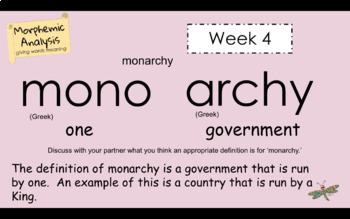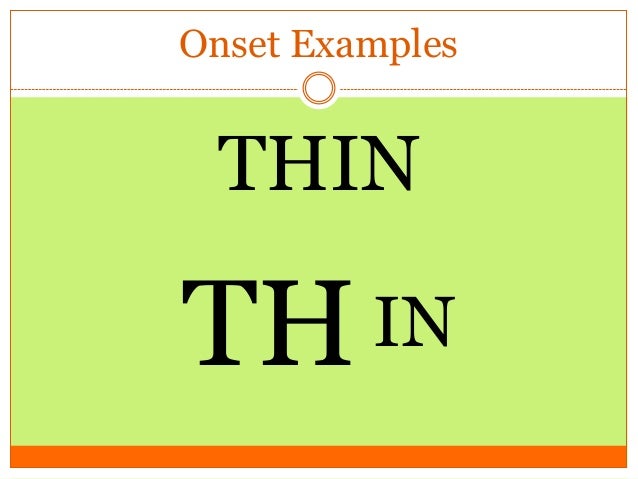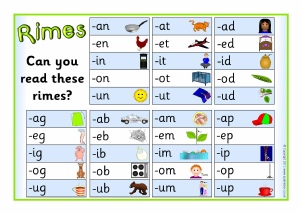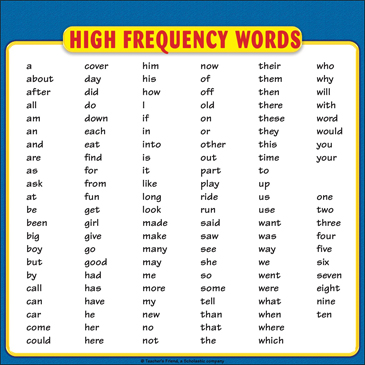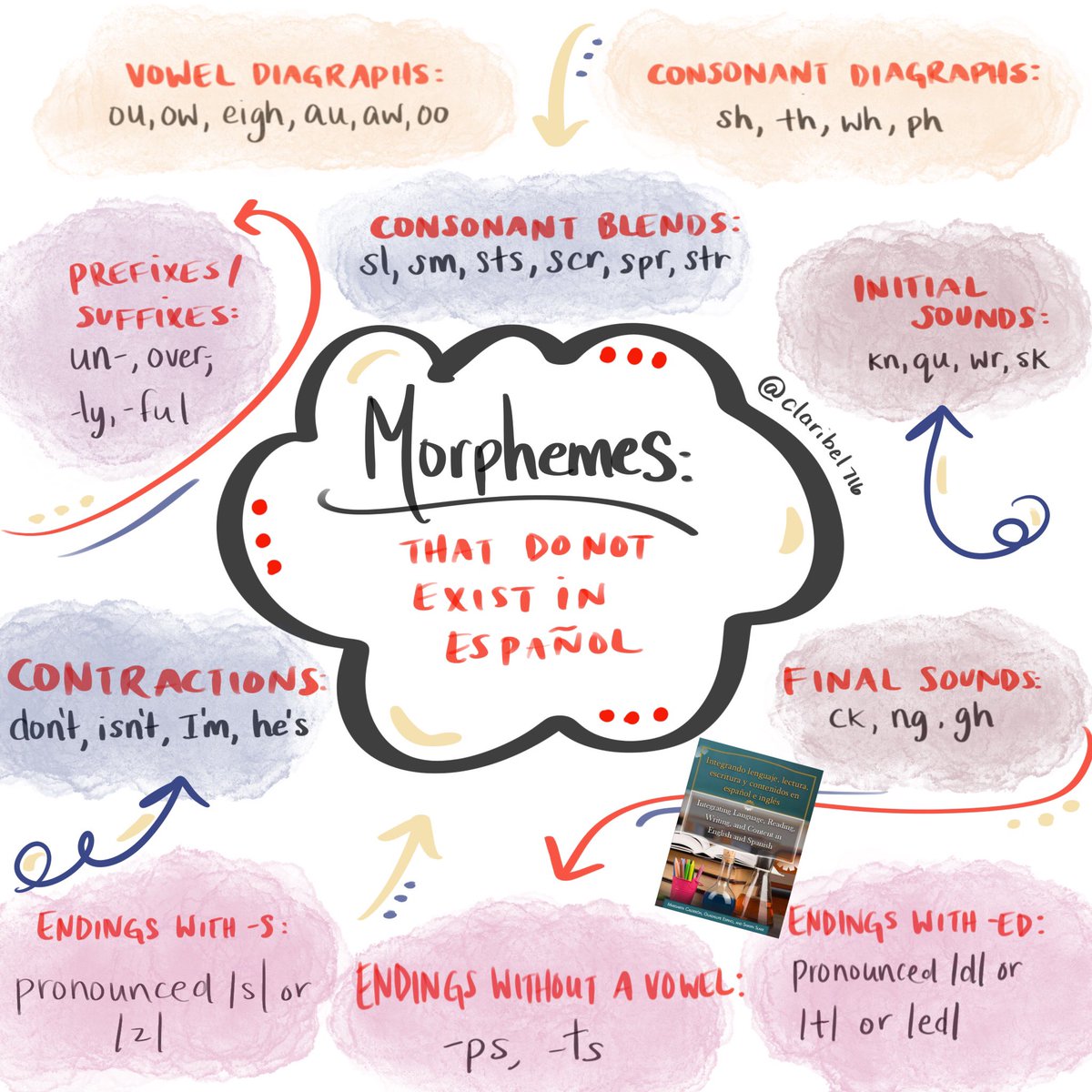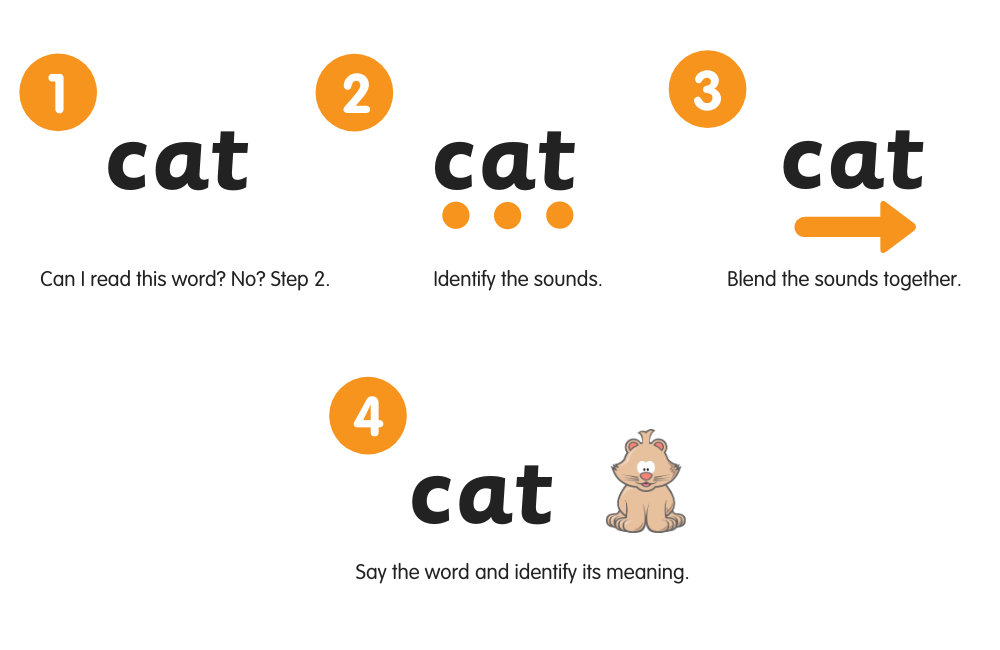b. The founding and history of how words were created.
c.

d. This is important because this helps students learn the background of where our words came from and how we adapted words.
2. Stem-
b. Also, known as a base or root word, this is the base of a word that can be altered.
c.
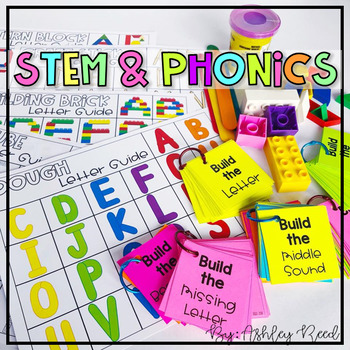
d. This is important because this will help them to how to write and read words in the future. This will help them to see if the letters form together or not.
3. Free morpheme-
b. Words that can be changed but also to stand alone.
c.

d. This is important because this will help them to how to write and read words in the future. This will help them to see if the letters form together or not.
4. Bound morpheme-
b. These words cannot stand by themselves.
c.

d. This is important because this will help them to how to write and read words in the future. This will help them to see if the letters form together or not.
5. Concept sorts-
a. A categorization task in which pictures, objects, or words are grouped by shared attributes or meanings to develop concepts and vocabulary. (Words Their Way)
b. A concept where you have students group items by categories.
c.

d. This is important because this helps students to see how objects are related to one another. They can group things in there minds.

